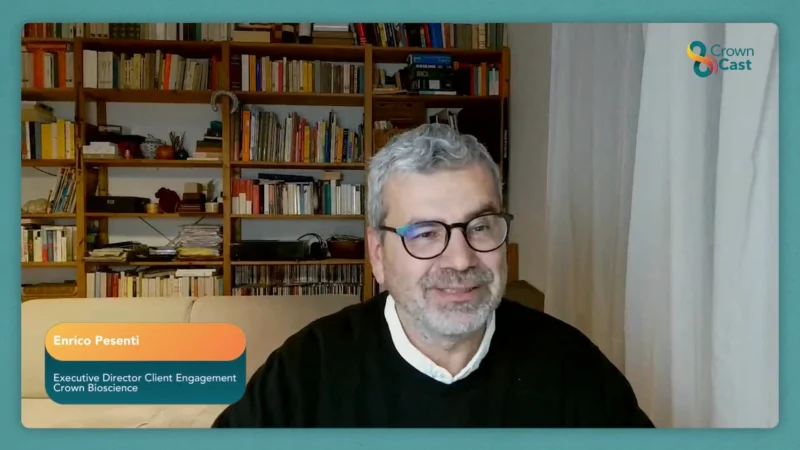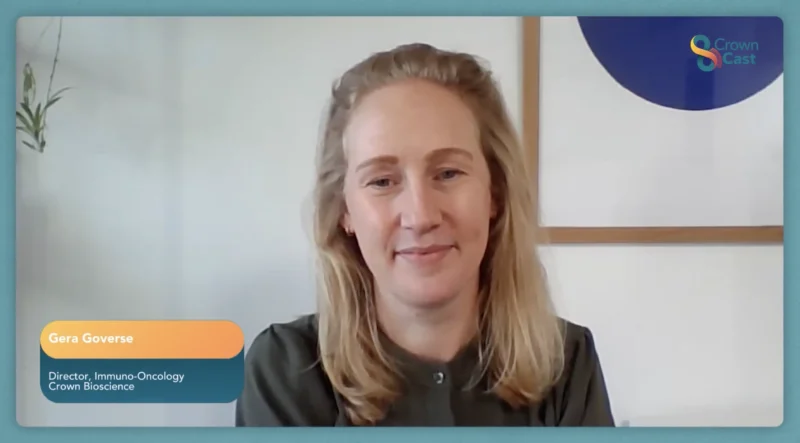Inside the SPD Revolution: Robby Miller on Embracing CensisAI²
In this impactful episode of the ConCensis podcast, host Yasmeen Hassan sits down with Robby Miller, Sterile Processing Manager at St. Joseph’s Hospital Medical Center, to explore how artificial intelligence is revolutionizing the field of sterile processing. With nearly 30 years of experience in healthcare, Miller shares his journey from EMT to SPD leader, offering a candid look at how technology like CensisAI² is elevating efficiency, quality, and patient safety in surgical environments.
Miller unpacks the evolving challenges in sterile processing—from regulatory compliance to managing increasingly complex surgical instruments—and explains how AI-driven tools are helping teams deliver cleaner, safer, and more reliable results. He also discusses the vital role of leadership in building processes, setting KPIs, and fostering a culture of continuous learning across healthcare teams.
Key Takeaways:
- CensisAI² enables real-time tracking, performance coaching, and better compliance by transforming departmental data into actionable insights, allowing SPD leaders to fine-tune staffing, productivity, and tray quality with confidence.
- AI is helping reduce instrument errors and boost quality assurance by identifying trends in missing instruments, monitoring staff accuracy, and enabling predictive resource planning for high-volume surgical schedules.
- The future of sterile processing lies in automation and standardization, where tools like CensisAI² will support leaner tray assemblies, streamlined training for new technicians, and aggregated IFU data to ensure safer reprocessing at scale.
- Technology is most effective when paired with human leadership and clear communication, with Miller emphasizing the importance of educating staff on both the “how” and the “why” to drive successful tech adoption and buy-in.
As sterile processing continues to evolve, Miller’s insights highlight how AI can serve as an extension—not a replacement—of the skilled technicians behind the scenes. Through smart deployment and a commitment to excellence, the future of surgical safety looks brighter, more efficient, and more connected than ever.



